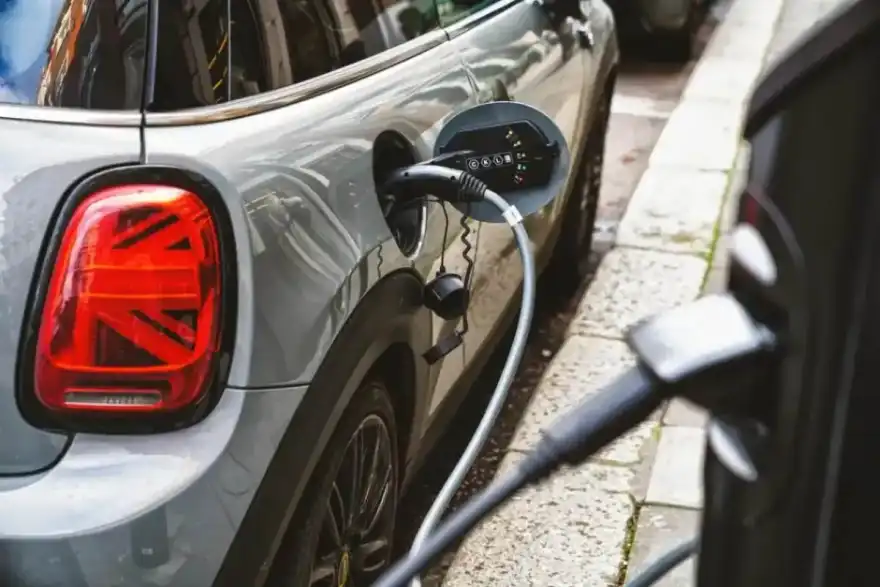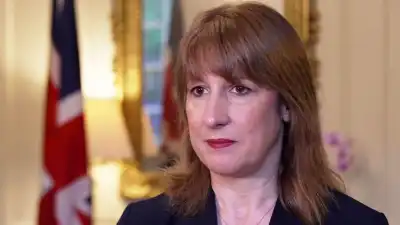
Rachel Reeves is reportedly preparing to increase taxes for electric vehicle (EV) owners, even as the Treasury looks at boosting financial incentives to encourage more people to switch from petrol and diesel cars.
Ahead of next month’s Budget, the Chancellor is said to be reviewing options to ensure EV drivers contribute fairly to public finances. Possible measures include a tax based on vehicle weight or introducing a national pay-per-mile system.
However, government officials are also concerned that higher taxes on EVs could slow the transition to Net Zero by discouraging drivers from making the switch. As a result, the Treasury is also exploring ways to make owning an EV more affordable.
According to The i Paper, one proposal includes increasing the current grants available for purchasing new electric cars. At present, consumers can get up to £3,750 off selected models, such as the Ford E-Tourneo Courier.
Ministers are also believed to be considering reducing or standardising VAT on public charging for drivers without off-street parking. Currently, charging at home is taxed at 5% VAT, whereas using public chargers is taxed at 20%. Scrapping business rates on charging infrastructure is also being examined.
Reeves is under mounting pressure to find new revenue sources ahead of the 26 November Budget. The Institute for Fiscal Studies (IFS) estimates a £22billion shortfall in the public finances, while some economists believe the gap could be as large as £50billion.
With Labour committed to banning the sale of new petrol and diesel vehicles by 2030, the Government faces the challenge of replacing fuel duty revenues as more drivers move to EVs.
Earlier this year, the UK’s climate advisers urged the Treasury to explore alternative tax models, such as pay-per-mile charges, similar to systems already in place in Iceland and New Zealand.
A senior Government source said: “This is ultimately a decision for the Treasury. But they recognise that any new tax on EVs must be phased in gradually and supported by generous incentives to keep the transition on track.”




